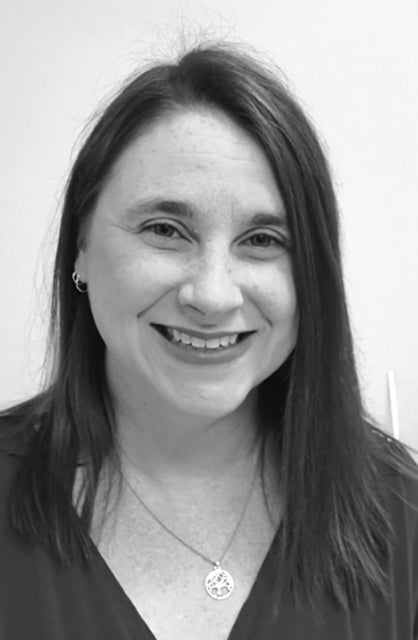Death invites unsettling doubt
Published 6:00 pm Monday, April 29, 2019

- Jenny Filush Grief Relief
Jenny Filush
Grief Relief
The old saying goes something like this, “You won’t know unless you try,” and for many, after the death of their loved one occurs, they find themselves stuck and unwilling to try.
What is meant by this? Well, many individuals talk about how strong and independent they have always been in life and in their relationships, however they have found themselves paralyzed by grief, and its power to make them feel hesitant and uncertain about making even the simplest of decisions. And because of this, they often berate themselves and thus find the act of withdrawing from social engagements happening at an increasing and alarming pace, followed quickly by the question of “What is wrong with me?”
It is not uncommon for death to make us feel overly dependent on our support system. We watch from within the shell of our former selves as we retreat further and further from the person we once were and see life as becoming more unfamiliar and less comfortable. What was once considered an easy task, like going on an hour’s drive just down the road to see family, now becomes worrisome, doubt settling in like a giant question mark imprinted on our forehead. Our friends and family wonder what has changed — I mean, they understand about grief and that you may be struggling to adapt to loss, but do they really understand how much it has changed you and how you are really feeling?
The answer is “yes” to both. Some are very cognizant and supportive of our struggles and yet some still have a hard time understanding why we can no longer go to the grocery store alone or why making a doctor’s visit seems scarier, even if it is just for an annual checkup. During ones grief journey, questions run through our minds pondering thoughts of “What will happen to me if I fall at home and am alone? Who will take care of me if I become sick? What happens if I have to have a procedure and require someone to be with me? Who will that be and will they be willing or will they consider it a hardship?” Also, the unexpected trigger of a physician asking you about your next of kin or your emergency contact (a painful reminder of the loss) can send you into a tailspin that often leaves you shaking and filled with fear as well as spawning additional unanswered questions.
The thing about doubt is that it can linger, and the longer it lingers, the more uncertain we become. Finding someone to talk to about these fears and attempting to problem solve can be just the salve needed to alleviate some of these negative feelings. Remember, there is no shame in admitting that life has thrown you a few curveballs and maybe even some sliders. The trouble comes from not taking ownership of these feelings and by allowing them to fester and create additional problems. Walking the path of grief is hard, there is no denying that point. However, we can become proactive and start voicing our doubts, thus allowing their power to diminish by sharing them with others. Many find that they are not alone in having these feelings and can even discover comfort in realizing that doubt is a part of grieving and that doubt is a part of rediscovering the power within yourself that was just waiting to re-emerge, stronger by having experienced the pain of death and loss.

